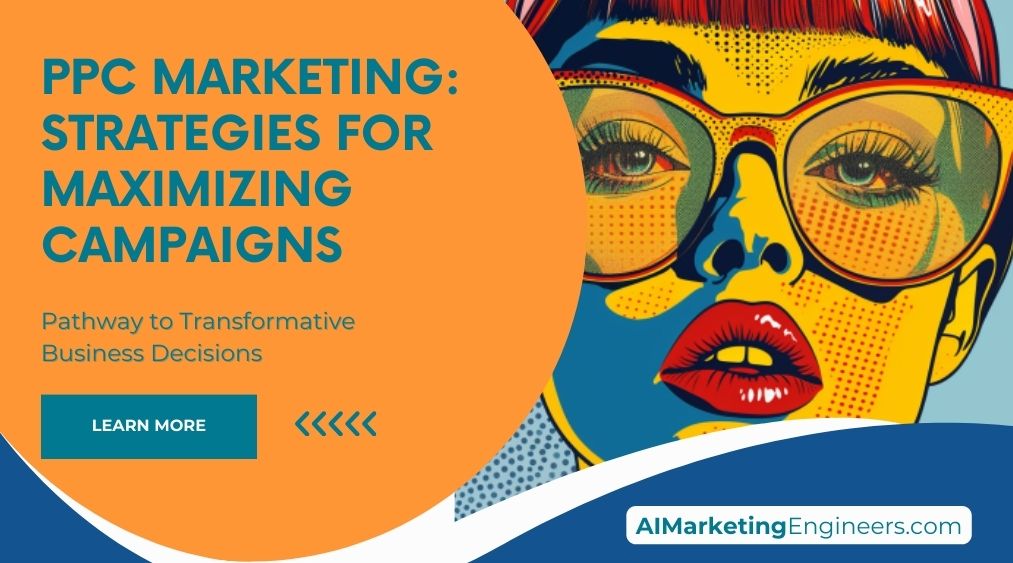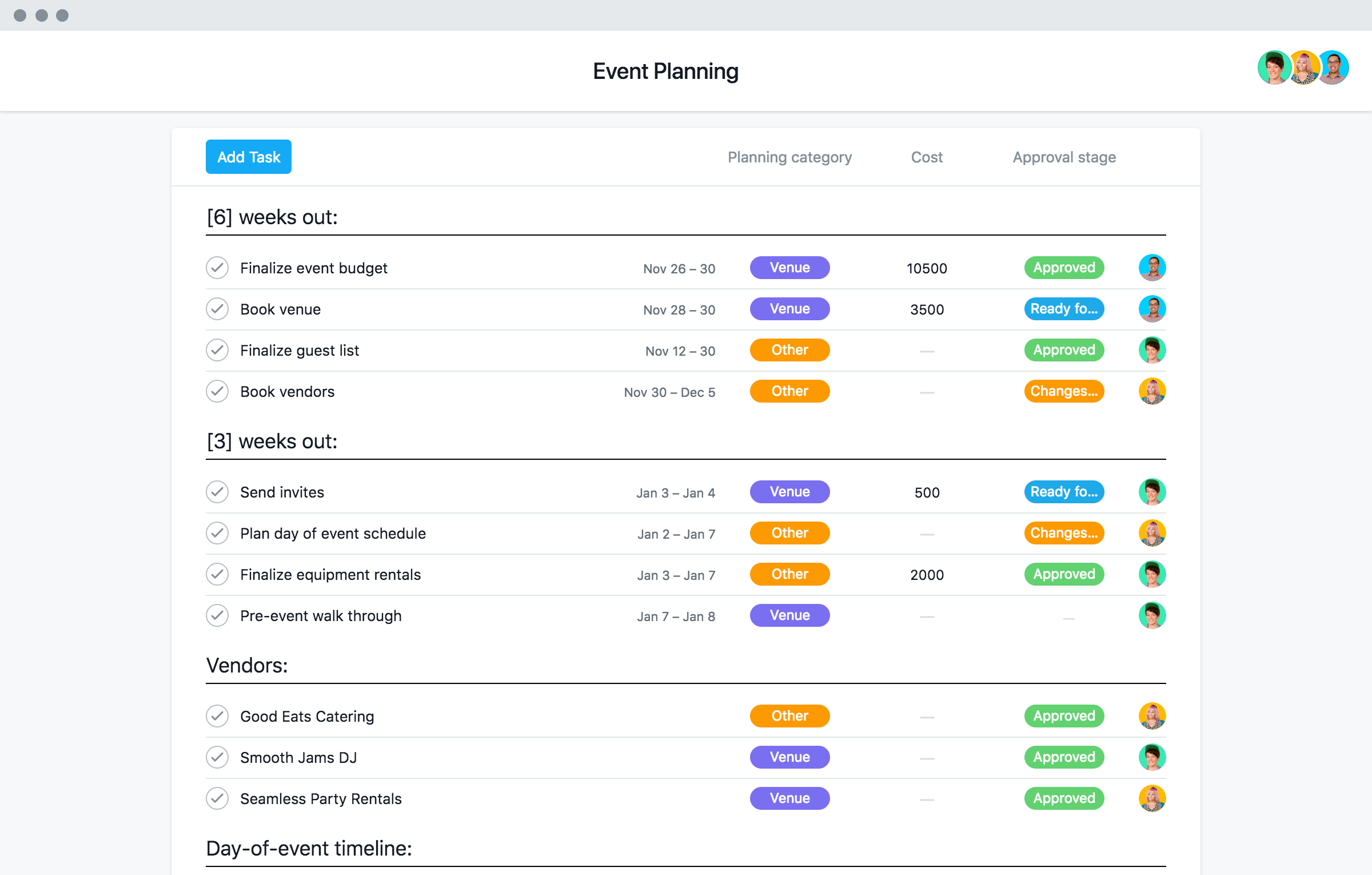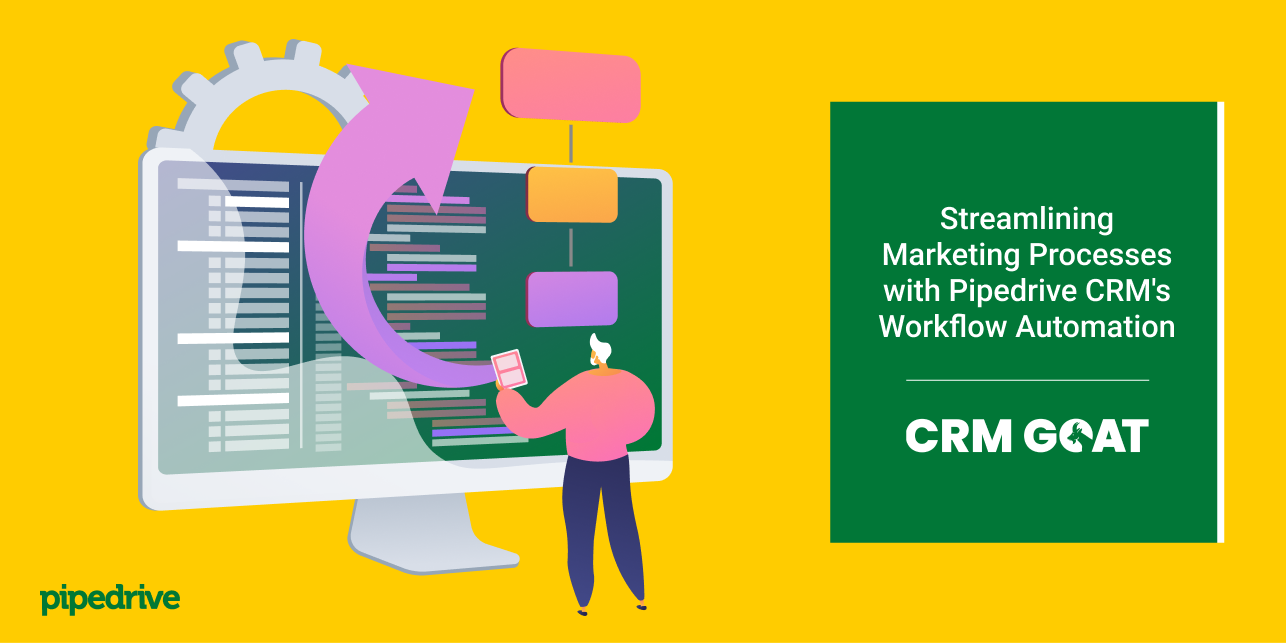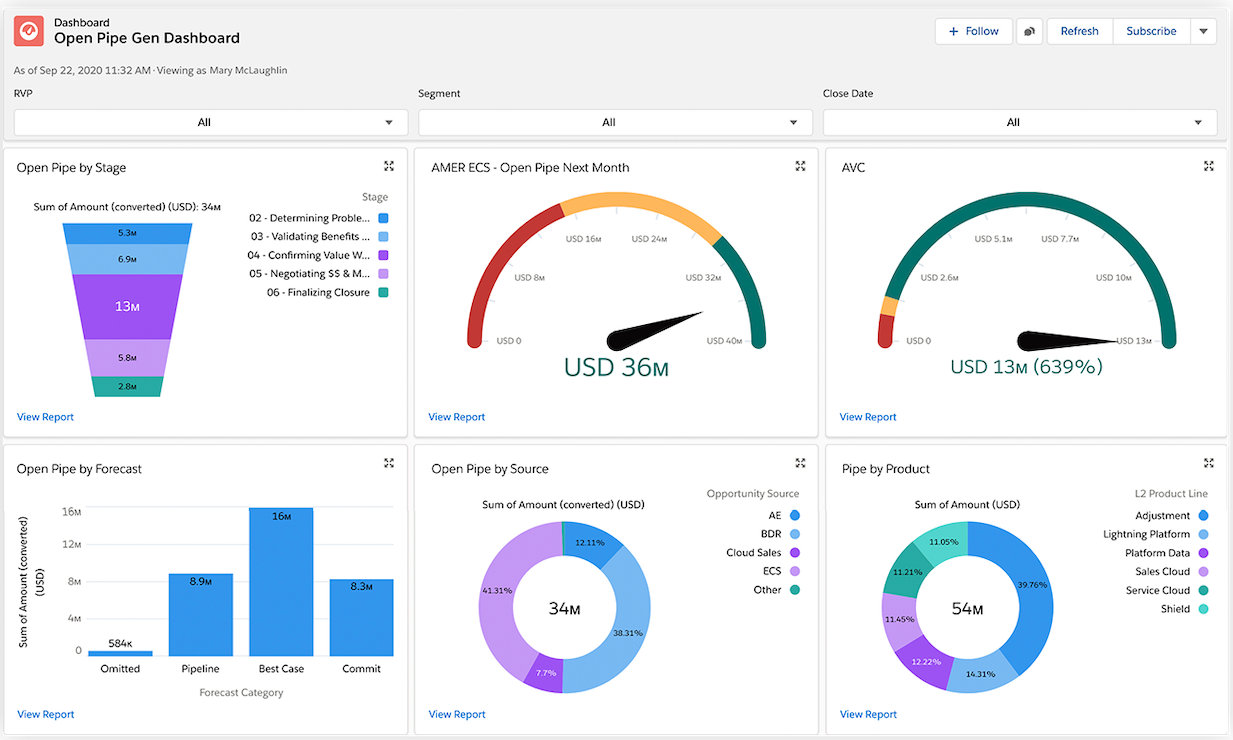Unlocking Growth: The Ultimate CRM Guide for Small Service Providers
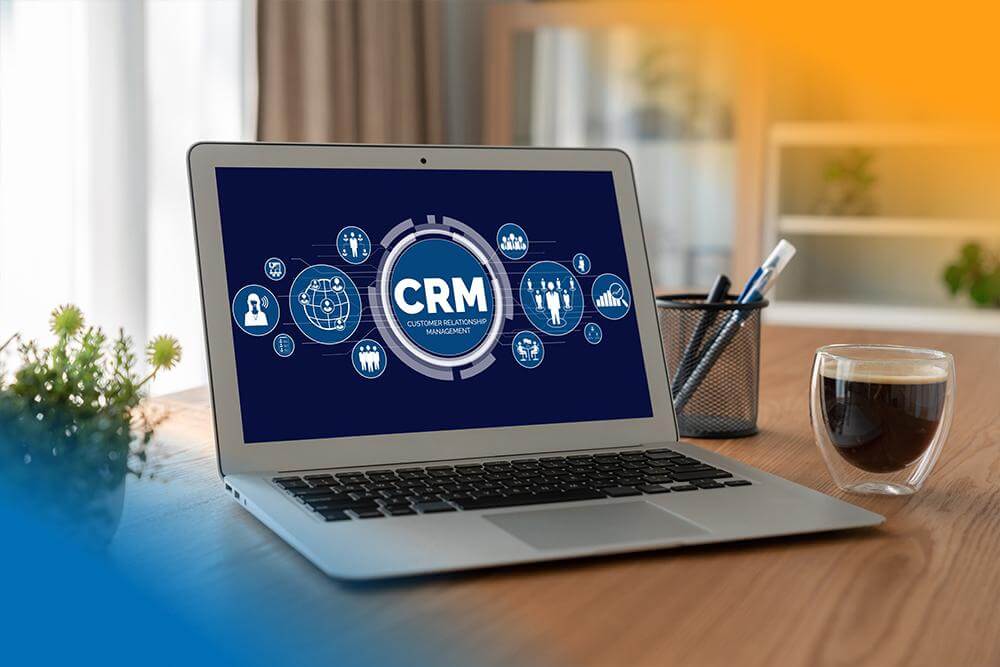
Unlocking Growth: The Ultimate CRM Guide for Small Service Providers
Running a small service business is a whirlwind. You’re juggling clients, appointments, invoices, and a mountain of other tasks. In the midst of all this, it’s easy for crucial details to slip through the cracks. That’s where a Customer Relationship Management (CRM) system comes in. Think of it as your business’s central nervous system, connecting all the vital components and helping you stay organized, efficient, and, ultimately, successful.
Choosing the right CRM can feel overwhelming, especially with so many options available. This comprehensive guide will break down everything you need to know about CRM systems tailored for small service providers, from the core benefits to the key features to look for, and finally, a curated list of the best CRM solutions to propel your business forward. Let’s dive in!
Why Your Small Service Business Needs a CRM
Before we get into the specifics, let’s understand why a CRM is a non-negotiable tool for small service businesses. The benefits are numerous and can have a profound impact on your bottom line.
- Improved Customer Relationships: At the heart of any successful service business is the customer. A CRM helps you build stronger relationships by centralizing all customer interactions, preferences, and history. This allows you to personalize your interactions, anticipate their needs, and provide exceptional service.
- Increased Efficiency: Time is money, and a CRM can save you a significant amount of both. By automating repetitive tasks like appointment scheduling, follow-up emails, and data entry, you free up your time to focus on what matters most: serving your clients and growing your business.
- Enhanced Organization: Gone are the days of scattered spreadsheets and overflowing email inboxes. A CRM provides a structured system for managing all your customer data, ensuring that nothing gets lost or forgotten.
- Better Lead Management: A CRM helps you track leads through the sales pipeline, ensuring that no potential customer slips through the cracks. You can nurture leads with targeted communications and convert them into paying clients more effectively.
- Data-Driven Decision Making: A CRM provides valuable insights into your business performance. You can track key metrics like customer acquisition cost, customer lifetime value, and sales conversion rates, enabling you to make informed decisions and optimize your strategies.
- Improved Collaboration: If you have a team, a CRM makes it easy for everyone to stay on the same page. Team members can access the same customer information, collaborate on projects, and provide seamless service.
Essential Features to Look for in a CRM for Small Service Providers
Not all CRMs are created equal. When choosing a CRM for your small service business, it’s crucial to consider the specific features that will benefit you the most. Here are some essential features to look for:
1. Contact Management
This is the foundation of any CRM. It allows you to store and manage all your customer contact information, including names, addresses, phone numbers, email addresses, and any other relevant details. Look for features like:
- Customizable fields: The ability to add custom fields to store specific information relevant to your business.
- Segmentation: The ability to segment your contacts based on various criteria, such as service type, location, or purchase history.
- Import/Export functionality: The ability to easily import and export your contact data.
2. Lead Management
A good CRM should help you manage leads from initial contact to conversion. Key features include:
- Lead capture forms: The ability to create and embed lead capture forms on your website.
- Lead scoring: Assigning scores to leads based on their behavior and engagement.
- Workflow automation: Automating tasks like sending follow-up emails and assigning leads to team members.
3. Sales Pipeline Management
Visualizing your sales pipeline is crucial for tracking deals and identifying bottlenecks. Look for a CRM with:
- Drag-and-drop interface: A user-friendly interface for moving deals through different stages of the pipeline.
- Customizable stages: The ability to customize the pipeline stages to match your sales process.
- Deal tracking: Tracking the value, probability, and expected close date of each deal.
4. Task and Appointment Management
Staying organized is essential for service businesses. A CRM should help you manage tasks and appointments efficiently. Key features include:
- Calendar integration: Integration with your existing calendar (e.g., Google Calendar, Outlook).
- Task assignment: Assigning tasks to team members and setting deadlines.
- Reminders and notifications: Setting up reminders for appointments and tasks.
5. Reporting and Analytics
Data is your friend. A CRM should provide insights into your business performance. Look for features like:
- Customizable dashboards: Creating dashboards to track key metrics.
- Sales reports: Generating reports on sales performance, lead conversion rates, and revenue.
- Customer reports: Analyzing customer behavior and identifying trends.
6. Automation Capabilities
Automation saves time and reduces errors. Consider CRMs that offer features like:
- Workflow automation: Automating repetitive tasks such as sending emails, updating records, and assigning tasks.
- Trigger-based actions: Setting up actions that are triggered by specific events, such as a customer filling out a form or a deal reaching a certain stage.
7. Integration with Other Tools
Your CRM should integrate seamlessly with other tools you use, such as:
- Email marketing platforms: Integrating with platforms like Mailchimp or Constant Contact.
- Accounting software: Integrating with software like QuickBooks or Xero.
- Communication tools: Integrating with tools like Slack or Microsoft Teams.
8. Mobile Accessibility
In today’s fast-paced world, you need to be able to access your CRM on the go. Make sure the CRM you choose has a mobile app or a responsive website that works well on mobile devices.
9. User-Friendliness and Ease of Use
The best CRM is the one you’ll actually use. Choose a CRM with a clean, intuitive interface and easy-to-understand features. Look for a CRM that offers:
- Intuitive interface: A user-friendly interface that’s easy to navigate.
- Onboarding and training: The availability of tutorials, documentation, and support to help you get started.
- Customization options: The ability to customize the CRM to fit your specific needs.
10. Scalability and Affordability
Consider your future growth. Choose a CRM that can scale with your business and offers affordable pricing plans. Look for a CRM that offers:
- Pricing plans: Pricing plans that are suitable for your budget and business size.
- Scalability: The ability to add users and features as your business grows.
- Customer support: Responsive customer support to help you with any issues.
Top CRM Systems for Small Service Providers: A Deep Dive
Now that you know what to look for, let’s explore some of the best CRM systems for small service providers. We’ve considered factors like ease of use, features, pricing, and customer reviews to bring you this curated list:
1. HubSpot CRM
Overview: HubSpot CRM is a popular choice for small businesses, and for good reason. It’s a comprehensive platform that offers a free version with a surprising amount of functionality. It is known for its user-friendly interface and robust features. It is designed to help businesses manage leads, automate marketing, and improve customer service. It has a strong focus on inbound marketing and sales.
Key Features:
- Free CRM: HubSpot offers a completely free CRM that includes contact management, deal tracking, and basic email marketing features.
- Sales Automation: Automates sales tasks, such as lead scoring and follow-up emails.
- Marketing Tools: Integrates with marketing tools to create and manage email campaigns, landing pages, and social media.
- Customer Service: Provides tools for managing customer service tickets and providing support.
- Integrations: Offers extensive integrations with other popular business tools.
Pros:
- Free version available with a wealth of features
- User-friendly interface
- Strong marketing and sales automation capabilities
- Excellent integration capabilities
Cons:
- The free version has limitations on the number of contacts and features
- Some advanced features require paid plans
- Can be overwhelming for beginners due to the breadth of features
Pricing: HubSpot offers a free CRM, as well as paid plans for sales, marketing, and customer service, with prices varying depending on the number of users and features needed.
2. Zoho CRM
Overview: Zoho CRM is a versatile and affordable CRM system suitable for a wide range of businesses. It offers a comprehensive suite of features, including sales automation, marketing automation, and customer support. It is known for its customization options and integrations.
Key Features:
- Sales Force Automation: Automates sales processes, such as lead nurturing and deal management.
- Marketing Automation: Creates and manages email campaigns, social media campaigns, and landing pages.
- Customer Service: Provides tools for managing customer service tickets and providing support.
- Customization: Offers extensive customization options to tailor the CRM to your specific needs.
- Integrations: Integrates with a wide range of other business tools.
Pros:
- Affordable pricing plans
- Highly customizable
- Comprehensive feature set
- Good integration capabilities
Cons:
- The interface can be a bit complex for beginners
- Some advanced features require paid plans
- Customer support can be slow at times
Pricing: Zoho CRM offers a free plan for up to 3 users, as well as paid plans with prices varying depending on the number of users and features needed.
3. Freshsales
Overview: Freshsales is a sales-focused CRM system designed to help businesses close deals faster. It offers a user-friendly interface and powerful features for sales automation, lead management, and contact management. It is known for its ease of use and focus on sales productivity.
Key Features:
- Sales Automation: Automates sales tasks, such as lead assignment and follow-up emails.
- Lead Management: Manages leads and tracks their progress through the sales pipeline.
- Contact Management: Stores and manages customer contact information.
- Built-in Phone: Offers built-in phone capabilities for making and receiving calls.
- Reporting and Analytics: Provides reports on sales performance and lead conversion rates.
Pros:
- User-friendly interface
- Strong sales automation capabilities
- Built-in phone capabilities
- Affordable pricing plans
Cons:
- Limited marketing automation features
- Less customization options than some other CRMs
- The free plan has limited features
Pricing: Freshsales offers a free plan for up to 3 users, as well as paid plans with prices varying depending on the number of users and features needed.
4. Pipedrive
Overview: Pipedrive is a sales-focused CRM system designed to help businesses manage their sales pipeline and close deals. It offers a visual and intuitive interface that makes it easy to track deals, manage contacts, and automate sales tasks. It is known for its simplicity and focus on sales productivity.
Key Features:
- Visual Sales Pipeline: Provides a visual representation of the sales pipeline, making it easy to track deals.
- Contact Management: Stores and manages customer contact information.
- Deal Tracking: Tracks deals and their progress through the sales pipeline.
- Automation: Automates sales tasks, such as sending follow-up emails and assigning tasks.
- Integrations: Integrates with a variety of other business tools.
Pros:
- User-friendly interface
- Visual sales pipeline
- Strong sales automation capabilities
- Easy to use
Cons:
- Limited marketing automation features
- Less customization options than some other CRMs
- Can be expensive for larger teams
Pricing: Pipedrive offers a free trial, as well as paid plans with prices varying depending on the number of users and features needed.
5. Agile CRM
Overview: Agile CRM is an all-in-one CRM system designed for small businesses. It offers a comprehensive suite of features, including sales automation, marketing automation, and customer service. It is known for its affordability and ease of use.
Key Features:
- Sales Automation: Automates sales processes, such as lead nurturing and deal management.
- Marketing Automation: Creates and manages email campaigns, social media campaigns, and landing pages.
- Customer Service: Provides tools for managing customer service tickets and providing support.
- Customization: Offers extensive customization options to tailor the CRM to your specific needs.
- Integrations: Integrates with a wide range of other business tools.
Pros:
- Affordable pricing plans
- Comprehensive feature set
- Good marketing automation capabilities
- User-friendly interface
Cons:
- The interface can be a bit cluttered
- Some advanced features require paid plans
- Customer support can be slow at times
Pricing: Agile CRM offers a free plan for up to 10 users, as well as paid plans with prices varying depending on the number of users and features needed.
Choosing the Right CRM: A Step-by-Step Guide
Selecting the right CRM is a significant decision. Here’s a step-by-step approach to help you make the best choice for your small service business:
1. Assess Your Needs
Before you start comparing CRM systems, take the time to understand your specific needs. Consider questions like:
- What are your current pain points? What tasks are time-consuming or inefficient?
- What are your goals? What do you want to achieve with a CRM? (e.g., increase sales, improve customer satisfaction)
- What features are essential? Make a list of must-have features based on your business requirements.
- Who will be using the CRM? Consider the needs of your team members.
2. Define Your Budget
CRM systems vary widely in price. Determine how much you’re willing to spend on a CRM system. Consider not only the monthly or annual subscription fees but also any implementation costs, training costs, and the cost of integrations.
3. Research and Compare Options
Once you have a clear understanding of your needs and budget, start researching different CRM systems. Read reviews, compare features, and look for systems that align with your requirements. Take advantage of free trials to test out different systems.
4. Consider Scalability
Choose a CRM system that can grow with your business. Make sure the system can accommodate your future needs, such as adding more users or integrating with new tools.
5. Prioritize User-Friendliness
The CRM system should be easy to use, or your team won’t adopt it. Look for a system with a clean, intuitive interface and ample training and support resources.
6. Evaluate Integrations
Check whether the CRM system integrates with the other tools you use, such as your email marketing platform, accounting software, and communication tools.
7. Seek Customer Reviews and Testimonials
Read customer reviews and testimonials to get insights into the experiences of other small service providers. This can help you identify potential issues and assess the overall quality of the CRM system.
8. Request a Demo
If possible, request a demo from the CRM provider. This will allow you to see the system in action and ask any questions you may have.
9. Implement and Train Your Team
Once you’ve chosen a CRM system, implement it and train your team on how to use it. Provide ongoing support and training to ensure that your team is comfortable using the system.
10. Track Your Results
After implementing the CRM system, track your results to see how it’s improving your business. Monitor key metrics and make adjustments as needed.
Final Thoughts
Choosing the right CRM is an investment that can transform your small service business. By understanding your needs, researching your options, and implementing the system effectively, you can streamline your operations, enhance customer relationships, and drive sustainable growth. Don’t be afraid to experiment and find the CRM that best fits your unique needs and propels you towards success!
Good luck, and happy CRM-ing!

